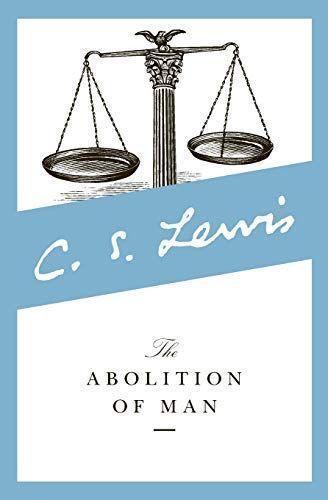
Reviews
Carissa @currancm
Todd Luallen@tluallen
Zeke Taylor@zt1230
Max Bodach@maxbodach
Christopher McCaffery@cmccafe
abigail wolfe@applegail
Liam Holbrook@lehol
Asher Black@asherblack
Luke Stamps@lukestamps
Jimmy Cerone@jrcii
Frank White@fwfl850
Pate Hubbard@patehubbard
Donald@riversofeurope
Ryan B Harvey@codeanddata
Simon Elliott Stegall@sim_steg
Emily S@bibliochemist
Dan Slozat@danfromthelibrary
Greta V. @gretav322
Natalie@yellowsparrowreads
Kevin S Perrine@kevinsperrine
Lloyd Dalton@daltonlp
Sarah Selden@inkling1517
Herberto Figueiredo@beto
Levi Nelson@levinelson